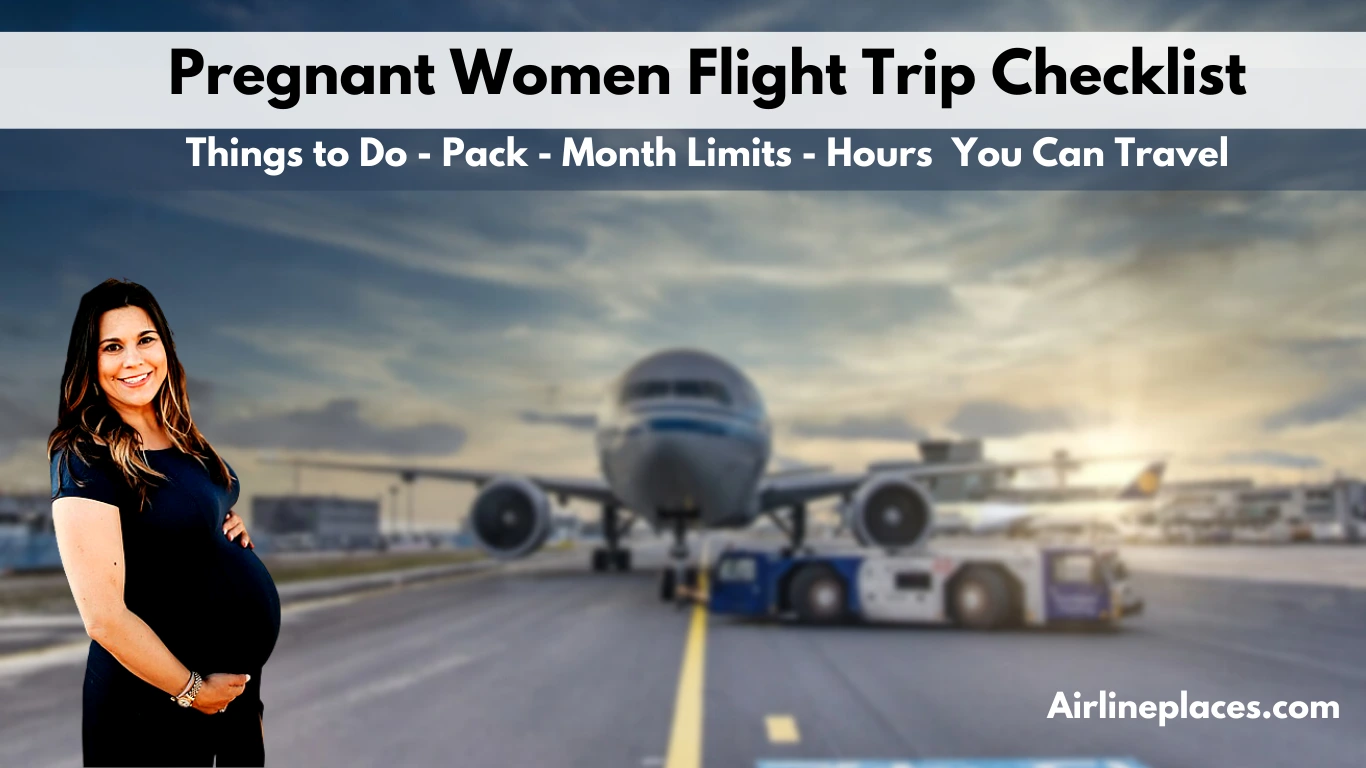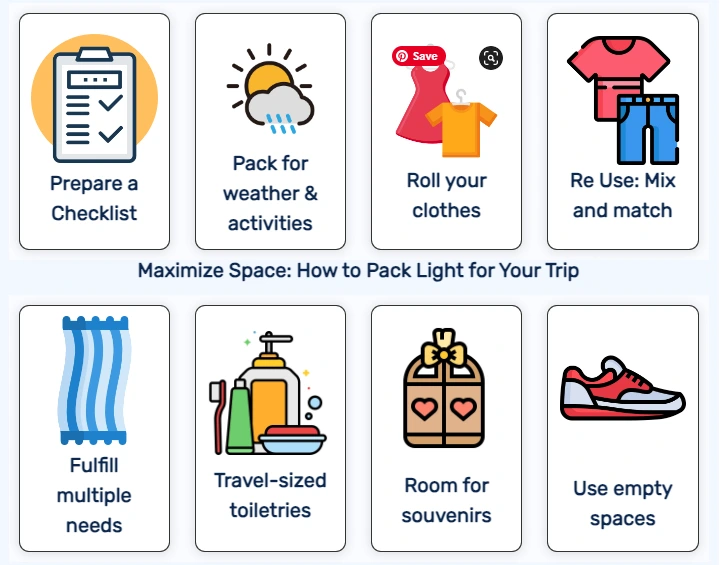When traveling by plane during pregnancy, it is important to take a few extra precautions to ensure a comfortable and safe trip. Here are a few tips to keep in mind:
Consult with your healthcare provider before booking a flight, as they may have additional guidelines or recommendations based on your individual situation. The following tips and lists are just for your information.
Things to Do/Keep in Mind Before You Travel
- Consult with your healthcare provider before booking a flight, as some airlines have restrictions on travel during certain stages of pregnancy.
- Book an aisle seat to allow for easier movement and trips to the restroom.
- Drink plenty of water and wear loose, comfortable clothing to prevent swelling.
- Take a pregnancy pillow and/or extra pillows for support during the flight.
- Avoid alcohol and caffeine, which can dehydrate you, and also avoid foods that may be difficult to digest
- Get up and move around the cabin when possible, to prevent blood clots and improve circulation.
- Pack any necessary medication and prenatal vitamins, as well as a letter from a healthcare provider stating the due date and any relevant medical information.
- Make sure you have travel insurance that covers pregnancy-related issues.
- Pack a small bag with items you may need during the flight, such as a change of clothes, toiletries, and baby items if traveling with a child.
- Remember to take into consideration the destination’s climate and pack accordingly
Things to Pack
- Comfortable clothing and shoes
- Pregnancy pillow and/or extra pillows for support
- Snacks and water to stay hydrated
- Travel documents and health insurance information
- Prenatal vitamins and any necessary medication
- A letter from a healthcare provider stating the due date and any relevant medical information
- A light sweater or jacket, as planes can be cold
- Entertainment such as books or electronic devices
- Nursing pads, if breastfeeding
- A small bag to pack any items you may need during the flight, such as a change of clothes, toiletries, and baby items if traveling with a child.
Pregnancy Stage and Flight Travel
The guidelines for flying during pregnancy can vary by airline, so it is important to check with your specific carrier for their policies. In general, most airlines will allow women to fly up to 36 weeks of pregnancy, although some may have more restrictive policies. Some airlines may require a note from a healthcare provider stating that you are fit to fly.
It’s also important to keep in mind that as pregnancy progresses, traveling by plane can become more uncomfortable, so it’s best to plan your trip as early as possible.
It’s also important to consider the destination, the length of stay, the weather, the facilities, and the safety of the place.
Does Flying While Pregnant Can Hurt My Baby?
In general, flying during pregnancy is considered safe and unlikely to harm the unborn baby. The cabin pressure on a plane is similar to that at an altitude of 8,000 feet, which is below the altitude at which altitude sickness can occur.
However, there are a few potential risks associated with flying during pregnancy, such as an increased risk of blood clots, dehydration, and exposure to harmful radiation.
Deep vein thrombosis (DVT) is a risk for pregnant women. To minimize your risk of DVT, you should move around the cabin and do exercises for your legs when you are seated. Wearing compression stockings may also help to prevent DVT.
It is also important to stay hydrated during the flight, as the dry cabin air can dehydrate you.
How Many Hours Can I Travel?
There is no set limit on how many hours a pregnant woman can travel, but it is recommended to limit travel time as much as possible, especially in the later stages of pregnancy.
Traveling for long periods of time can be physically demanding and can lead to discomforts such as leg cramps, swelling, and back pain.
It’s recommended to take frequent breaks, move around and stretch your legs, and stay hydrated during the journey to minimize discomfort.
Pregnant women should be careful about traveling to places with high altitudes or extreme heat or cold, and where medical facilities may be limited.





